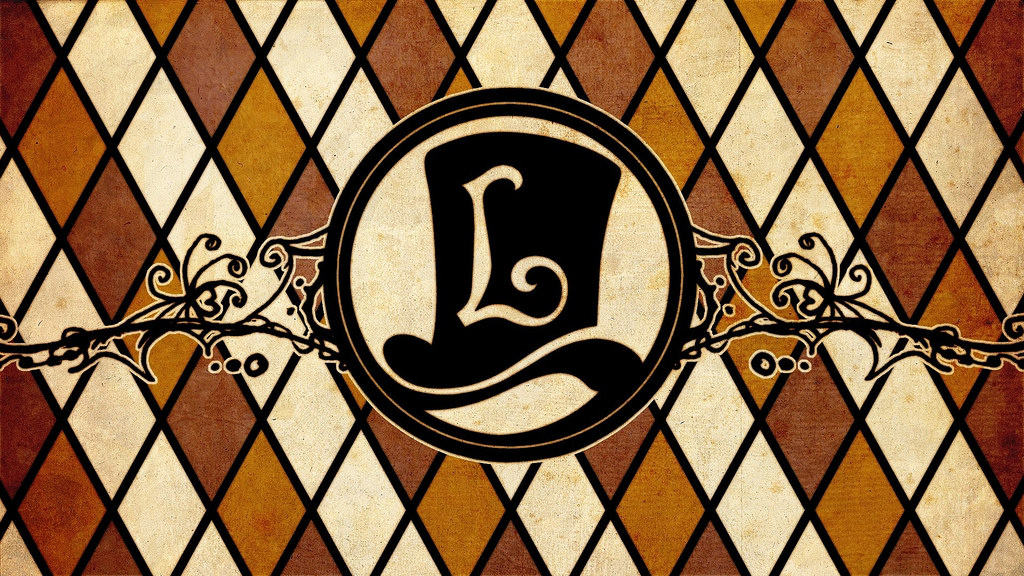In Charles Dicken’s Bleak House, a major theme of the book is reading and the inability to read – who can and who cannot read. One of those who is illiterate is Jo, a desperately poor boy who sweeps streets, and is continually being ‘moved along’ by others. As a English Literature lecturer vividly portrayed, when Jo aimlessly wanders around nineteenth century London, he cannot decipher any of the words he sees, he is effectively an outsider in his hometown (Newton).
With the amount of text constantly in our faces anyone who cannot read well is at a major disadvantage. Text increasingly dominates in our urban spaces, on our computers; on pages and pages of tax forms and Governmental communications that assume more and more literacy; contracts and incomprehensible and interminable Terms of Agreement from Software companies; advertisement text on every naked surface; toaster instructions that run into hundreds of words. Not to mention all the novels that are just waiting to be read, and the scholarly articles that contain so many interesting ideas. Has text become too ubiquitous? Is reading a curse or a blessing? Does society expect people to read too much text?
I’d say reading is overwhelmingly a good, but being able to switch off that ability might be healthier – less words might make more sense. Just the quantity of words and information available that we must read and comprehend makes us more sedentary than is perhaps good for us.
In that case, this is a good excuse to keep this blog short!
At present, to take part as an equal member of society then everyone needs faster reading and better comprehension. How to achieve that?
RSVP has appeared in the popular press, for example The Guardian:
https://www.theguardian.com/technology/2017/apr/08/speed-reading-apps-can-you-really-read-novel-in-your-lunch-hour
Rapid Serial Visual Presentation or RSVP is the presentation of a text word-by-word in rapid succession to a reader. The text does the blinking not the reader.
A main business promoter of RSVP is the Spritz company, and the emphasis seems to be on Speed Reading. And here you can listen rather than read what they are selling:
http://www.wbur.org/hereandnow/2014/03/14/spritz-speed-reading
There are contexts where RSVP would be useful, i.e. one application of RSVP is for small screens – giving the possibility of seeing a larger font for those of us who need reading glasses. Individual limitations to how fast you can read apply. It can cause eye fatigue. Oh and you might not remember or comprehend everything you read if reading at three or four or plus times greater than normal reading speeds. But complexity of reading material has a bearing on how fast you can read with RSVP, and comprehension of text and retention of that understanding.
There is a lot you can read about this subject:
“Give RSVP a Chance: Reply to Acklin and Papesh.” American Journal of Psychology, vol. 131, no. 2, 2018, pp. 225–226.
Rayner, K., Schotter, E. R., J., M. E., Potter, M. C., & Treiman, R. (2016). So Much to Read, So Little Time: How Do We Read, and Can Speed Reading Help? Psychological Science in the Public Interest, 17(1), 4–34. https://doi.org/10.1177/1529100615623267
Ricciardi, and Di Nocera. “Not so Fast: A Reply to Benedetto Et Al. (2015).” Computers in Human Behavior, vol. 69, 2017, pp. 381–385.
Benedetto, et al. “Rapid Serial Visual Presentation in Reading: The Case of Spritz.” Computers in Human Behavior, vol. 45, no. C, 2015, pp. 352–358.



Recent Comments